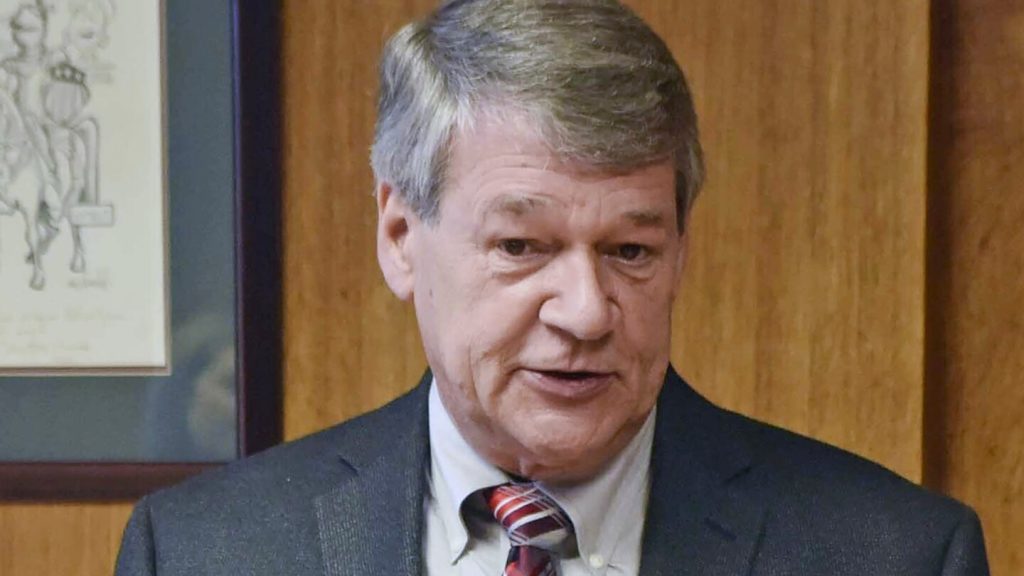North Dakota’s late attorney general, Wayne Stenehjem, had thousands of his emails released by his successor, Attorney General Drew Wrigley. The emails were previously presumed lost forever after being deleted at the direction of Stenehjem’s executive assistant, Liz Brocker, days after his death. The release of around 2,000 emails with redactions has sparked controversy as another 6,000 emails and untold text messages are yet to be reviewed and released. The emails cover routine staff messages and office meetings and span from 2021 to 2022. Additionally, it was revealed that Stenehjem conducted state business on a private email account, though this is lawful, it does not defeat open records provisions.
Furthermore, the recovered emails are now being investigated in connection to former state Sen. Ray Holmberg, who is facing charges of traveling to Europe with the intent of paying for sex with a minor and receiving images depicting child sexual abuse. Holmberg and Stenehjem were friends, and Stenehjem was not accused of any crime in connection with the case. Stenehjem did not recuse himself from the Holmberg case and was viewed as a witness, being questioned at one point. The trial for Holmberg is set for September, and the emails will likely play a significant role in the investigation.
Media attention on Stenehjem’s emails was heightened after Wrigley disclosed a cost overrun of over $1 million incurred during Stenehjem’s tenure. The building project for consolidating divisions of the attorney general’s office in one location in Bismarck raised concerns about trust and handling of the project by lawmakers. Reporters’ records requests revealed the deletion of Stenehjem’s email account, as well as that of his deputy, Troy Seibel, after he resigned. Brocker, who directed the deletions, resigned after the discovery by reporters. In February, a special prosecutor declined to press charges in connection with the deleted emails, and the investigation continues to review the emails alongside records requests and the Holmberg case.
The revelation that Stenehjem’s emails were recovered from a backup of his personal cellphone has shed light on the importance of preserving electronic communications for future investigations. Questions have been raised about the transparency and accountability of government officials, particularly in handling sensitive information. The scheduled trial for Holmberg, combined with the ongoing investigation into the deleted emails and the cost overrun, has brought attention to North Dakota’s legal and ethical standards for public officials. The release of the emails, while shedding some light on routine office communications, has also raised concerns about privacy and the proper use of personal electronic devices for official state business.
Moving forward, the investigation into Stenehjem’s emails and their potential connection to the Holmberg case will likely continue to unfold in the public eye. The release of the emails has reignited discussions about transparency, oversight, and accountability in government operations. As the legal and ethical implications of the recovered emails are further scrutinized, the role of personal electronic devices in conducting state business may face increased scrutiny. The outcome of the investigation, along with the response from state lawmakers and government watchdogs, will shape how future public officials handle electronic communications and records.















